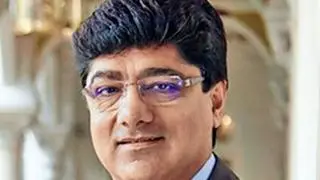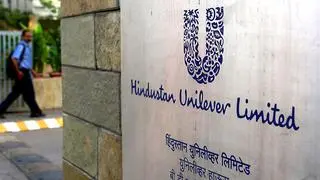It was a mixed bag for the hospitality industry last year due to the Supreme Court ban on the sale of alcohol near national highways and the Goods and Services Tax, both of which had an impact on the the sector.
The liquor ban was particularly bad for Chennai as the Tamil Nadu government took up to five months to denotify highways, which resulted in a huge loss – many hotels saw cancellations and tepid patronage in the first half of the year.
T Natarajan, Chief Executive Officer, GRT Hotels, and Secretary, South India Hotels and Restaurant Association, told BusinessLine that 662 hotels had closed liquor bars in the State, and the business went to other metros for conferences and events.
Lakshman Ramanathan, General Manager, Hotel Westin in Chennai, said that the hotel saw a 10-12 per cent dip in revenue from the time the ban came into effect in April to August when it was lifted. The hotel saw cancellation of conferences and events on account of liquor ban. Even conferences that were booked a year ago, like annual meetings, were cancelled, he added. “This is a huge dent to fill,” said Ramanathan. Another hotelier said the loss amounted to ₹2 crore for five months.
Natarajan said that business in speciality restaurants, too, went down by 30 per cent due to the ban. Speciality restaurants, where food is paired with wine or other spirits, usually get 1.5 lakh orders a day, but they came down to 40,000 after the ban, added Natarajan.
Other challengesThe industry also faced challenge in terms of the lack of business events and oversupply of units. Ramanathan said for a corporate-focussed hotel such as Westin, it is a challenge when there is not much business-related activity.
B Gopinath, Chief Executive Officer, Residency Towers, said supply is continuously growing and competition is stiff. Last year saw the launch of a few budget hotels in the already oversupplied market.
But things began to look up after September when the industry bounced back. According to a report by real estate consultancy firm Jones Lang LaSalle, the number of hotels registered in 2017 in the country was 1,903 against 1,394 in 2015, accounting for 1,04,289 rooms and 81,011 rooms respectively.
A Shankar, National Director, Head of Operations - Strategic Consulting India, JLL, said the growth was supported by better absorption levels in 2017 due to an increase in the arrival of tourists from overseas and domestic tourism.
Last year was also the year of technological advancement for the hospitality sector. This change was driven by millennials looking for better experience and seamless services, resulting in significant investments in that space. Sterling Holiday Resorts India Ltd has invested in Artificial Intelligence and machine-learning to predict customer behaviour to serve them better.
Ramesh Ramanathan, Managing Director, said: “We are also investing in chat bots, developing a new website and mobile app to drive traffic. We are looking to add new locations and experiences that look good on Instagram which is the rage now.” Hilton Group is investing in virtual reality tools for training and development programmes. Brendan Toomey, Vice-President, Human Resources - Asia Pacific, Hilton, said: “With technology moving towards virtual reality and artificial intelligence, the hospitality industry has to catch up to. We cannot afford to be left behind.”
What does 2018 look like? According to Shankar, while commercial locations will see better traction, smaller towns will see maximum growth in terms of hotel expansion.
Rohit Ravi, Director, Appaswamy Real Estates Limited, which owns the Residency Group of Hotels, said that opportunities in tier 2 and 3 cities are more with the rise in tourism and industrial development. “We are investing in a new hotel in Madurai with a convention centre to tap the growing tourism there,” he added.
The company is also opening a new hotel in Puducherry. Residency Group is investing ₹400 crore on its hotels with plans to expand banquet facilities in Chennai.








Comments
Comments have to be in English, and in full sentences. They cannot be abusive or personal. Please abide by our community guidelines for posting your comments.
We have migrated to a new commenting platform. If you are already a registered user of TheHindu Businessline and logged in, you may continue to engage with our articles. If you do not have an account please register and login to post comments. Users can access their older comments by logging into their accounts on Vuukle.